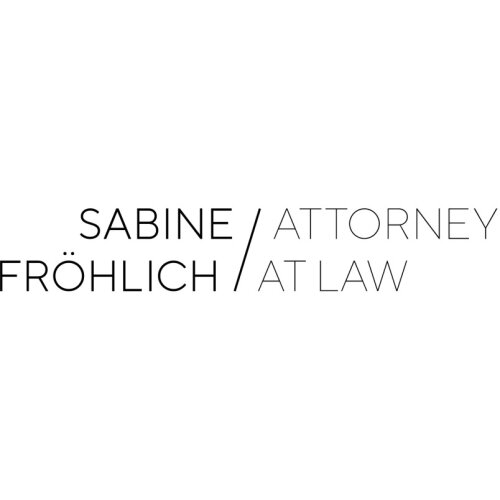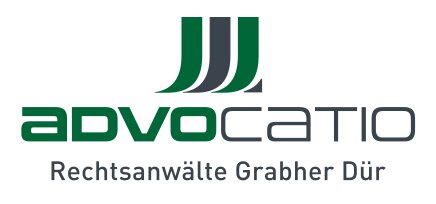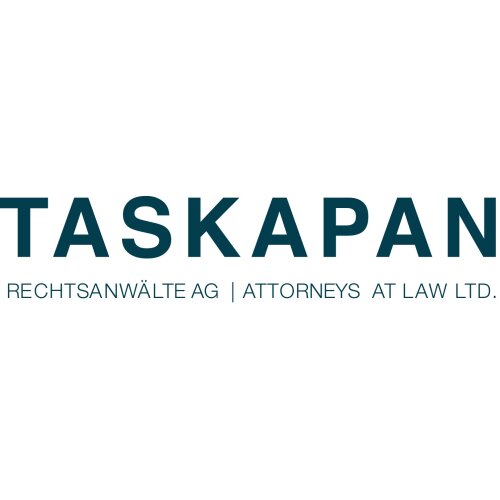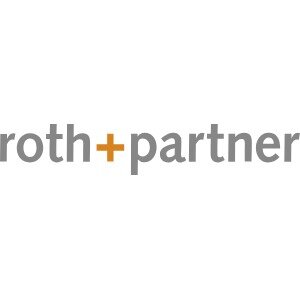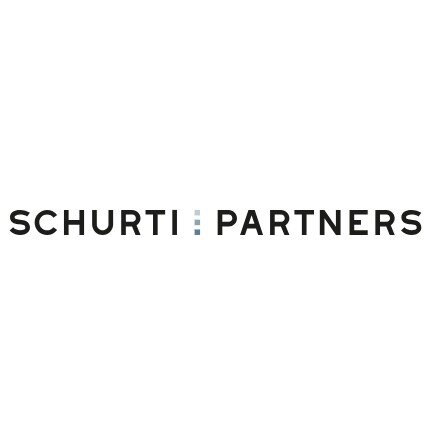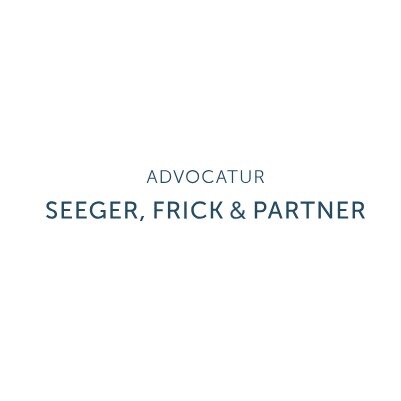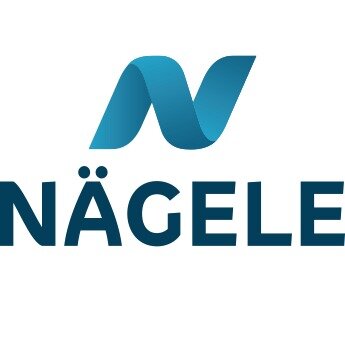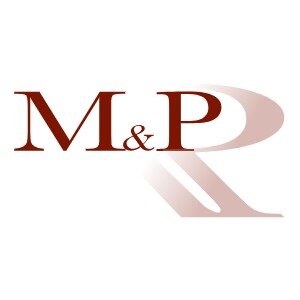Best Public-Private Partnerships (PPP) Lawyers in Liechtenstein
Share your needs with us, get contacted by law firms.
Free. Takes 2 min.
Or refine your search by selecting a city:
List of the best lawyers in Liechtenstein
About Public-Private Partnerships (PPP) Law in Liechtenstein
Public-Private Partnerships, commonly known as PPPs, are collaborative arrangements between government entities and private sector companies for the delivery, financing, or management of public infrastructure, services, or projects. In Liechtenstein, PPPs have gained increasing attention as a mechanism for leveraging private expertise and funding in the realization of projects that traditionally fall within the public sector’s responsibility. These partnerships can apply to a variety of areas including transportation, social infrastructure, utilities, and digital innovation. While the PPP framework in Liechtenstein continues to evolve, its core objectives align with ensuring public interest, efficient project delivery, and fostering innovation.
Why You May Need a Lawyer
Engaging in a PPP project in Liechtenstein often involves complex legal and regulatory issues. Here are some common situations where you might require professional legal assistance:
- Understanding the legal framework and requirements for setting up or proposing a PPP.
- Drafting or reviewing partnership contracts and related agreements.
- Navigating procurement procedures and public tender requirements.
- Ensuring compliance with local and international regulations.
- Structuring project financing and risk allocation between public and private partners.
- Handling negotiations with governmental bodies or private counterparts.
- Addressing potential disputes related to project implementation or performance.
Having a lawyer by your side ensures you protect your interests, minimize risks, and achieve legal and regulatory compliance throughout your involvement in a PPP.
Local Laws Overview
Public-Private Partnerships in Liechtenstein are governed by a mixture of national laws, regulatory guidelines, and, in some cases, municipal regulations. While Liechtenstein does not currently have a standalone PPP law, several legal texts shape the formation and operation of PPPs:
- Public Procurement Law - Sets forth procedures and transparency rules for tendering and selecting private partners for public projects.
- Contract Law - Governs the rights and obligations of parties in PPP arrangements, including risk-sharing, performance standards, and remedies for breach.
- Public Finance Regulations - Establishes guidelines on public expenditure, fiscal limits, and accountability for public funds invested in PPPs.
- Sector-Specific Regulations - Additional rules may apply depending on the type of project, such as construction, energy, or transportation regulations.
- Competition Law - Aims to prevent unfair business practices in the award and execution of PPP contracts.
Staying informed about these and any updates is crucial, as laws and best practices in PPPs are frequently reviewed both on a national and international level.
Frequently Asked Questions
What is a Public-Private Partnership (PPP)?
A PPP in Liechtenstein is a formal collaboration between government authorities and private sector entities to finance, build, or operate projects that serve public interests.
Which sectors in Liechtenstein utilize PPPs?
PPPs are commonly used in transportation, public infrastructure, utilities, health, education, and digital services, but they may also apply to any project delivering public benefits.
Is there a dedicated PPP law in Liechtenstein?
No, there is currently no single PPP-specific law. Instead, PPPs are regulated by a set of general laws and regulations, including procurement, contract, and sector-specific legislation.
How are PPP projects initiated?
PPP projects may be initiated by government call for proposals or by private sector suggestions. Each project must undergo feasibility analysis and regulatory vetting before commencement.
What are the main advantages of PPPs?
PPPs can offer efficiency, innovation, risk-sharing, and expanded access to private capital for projects that benefit the public sector and the broader community.
What are the risks associated with PPPs?
Potential risks include poorly structured contracts, misallocation of risks, cost overruns, changes in public policy, and disputes between partners.
Do PPP contracts need to follow public procurement laws?
Yes, PPP contracts in Liechtenstein are generally subject to public procurement laws to ensure fairness, competition, and transparency in selecting private partners.
Can foreign companies participate in PPP projects in Liechtenstein?
Foreign companies are generally allowed to participate, provided they comply with national regulations and meet any prerequisites outlined in the procurement process.
What role do lawyers play in PPP projects?
Lawyers advise on risk management, draft and negotiate contracts, assist with regulatory compliance, and help resolve disputes to ensure a smooth project lifecycle.
How can disputes in PPPs be resolved?
Disputes may be resolved through negotiation, mediation, arbitration, or litigation, depending on the contract terms and the nature of the disagreement.
Additional Resources
If you require more information or official guidance about PPPs in Liechtenstein, consider consulting the following resources:
- The Liechtenstein Chamber of Commerce and Industry
- The Office of Economic Affairs (Amt für Volkswirtschaft)
- The Liechtenstein Public Procurement Authority
- Sector-specific ministries related to your project type (e.g. Ministry of Infrastructure, Ministry of Economic Affairs)
- Local bar associations or legal professional organizations for recommended legal counsel
Next Steps
If you are considering participating in or proposing a PPP project in Liechtenstein and believe you may need legal assistance, here are some suggested steps:
- Clearly define your project objectives and identify potential areas where legal advice is required.
- Gather all relevant documentation and project details to facilitate informed legal consultation.
- Seek recommendations or conduct research to identify lawyers or law firms with experience in PPP law and public procurement in Liechtenstein.
- Arrange an initial consultation to discuss your needs, project specifics, and any pressing legal questions you have.
- Stay informed about updates in PPP regulations and best practices as your project progresses.
Using qualified legal services can ensure your PPP project is structured effectively, complies with all regulations, and achieves mutual benefits for all parties involved.
Lawzana helps you find the best lawyers and law firms in Liechtenstein through a curated and pre-screened list of qualified legal professionals. Our platform offers rankings and detailed profiles of attorneys and law firms, allowing you to compare based on practice areas, including Public-Private Partnerships (PPP), experience, and client feedback.
Each profile includes a description of the firm's areas of practice, client reviews, team members and partners, year of establishment, spoken languages, office locations, contact information, social media presence, and any published articles or resources. Most firms on our platform speak English and are experienced in both local and international legal matters.
Get a quote from top-rated law firms in Liechtenstein — quickly, securely, and without unnecessary hassle.
Disclaimer:
The information provided on this page is for general informational purposes only and does not constitute legal advice. While we strive to ensure the accuracy and relevance of the content, legal information may change over time, and interpretations of the law can vary. You should always consult with a qualified legal professional for advice specific to your situation.
We disclaim all liability for actions taken or not taken based on the content of this page. If you believe any information is incorrect or outdated, please contact us, and we will review and update it where appropriate.
Browse public-private partnerships (ppp) law firms by city in Liechtenstein
Refine your search by selecting a city.



